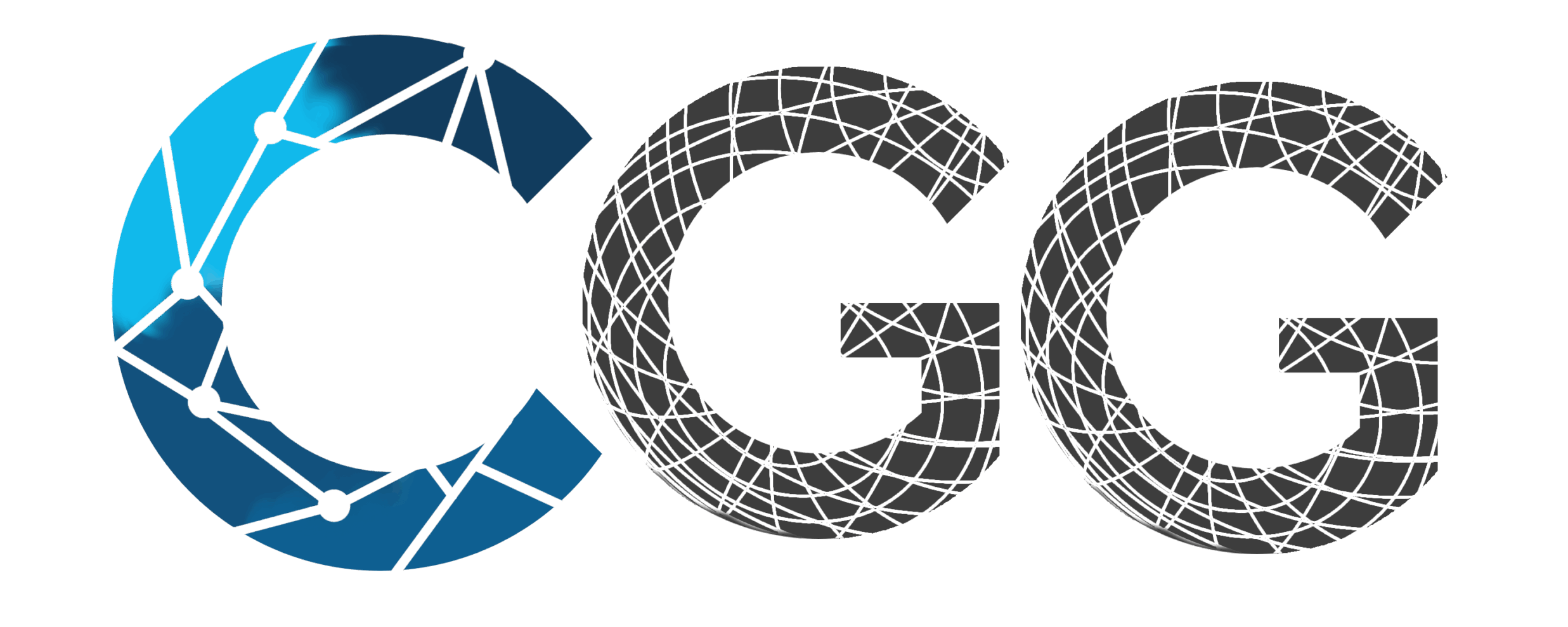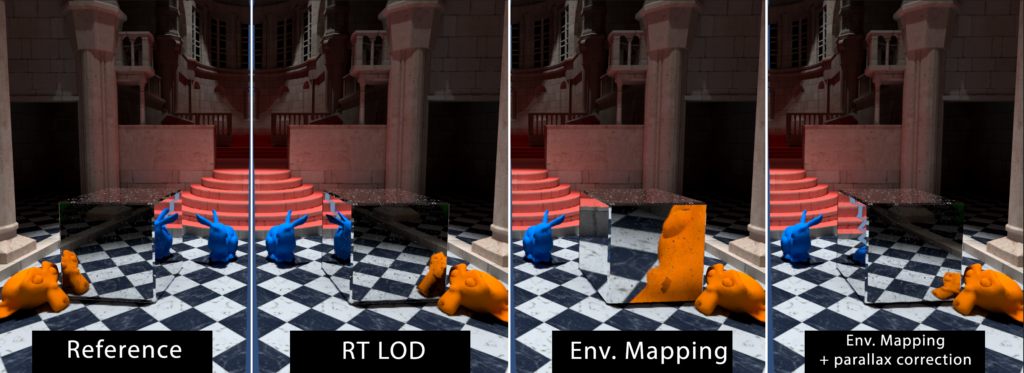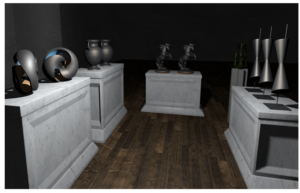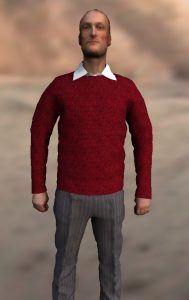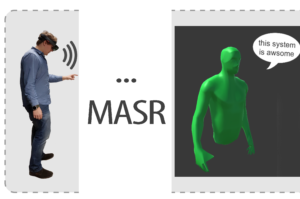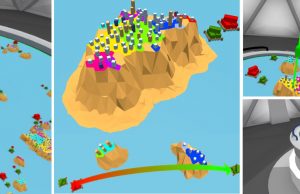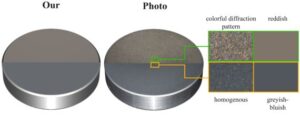The Impact of Reflection Approximations on Visual Quality in Virtual Reality
Martin Mišiak, Arnulph Fuhrmann, Marc Erich Latoschik
In: ACM Symposium on Applied Perception 2023 (SAP ’23)
Abstract:
Virtual Reality (VR) systems rely on established real-time rendering techniques to uphold a strict performance budget of a few milliseconds per frame. The utilized techniques are based on approximations that trade speed-up for the correctness of the generated depth cues. The visual impact of these trade-offs, however, remains largely unexplored in the context of VR. In this paper we focus specifically on the perception of distorted specular reflections. Our research goal is to quantify the impairment of common reflection approximations on the resulting visual quality in VR. To this end, a subjective quality assessment is conducted, where participants rate the visual difference and visual annoyance of multiple established reflection approximations in a side-by-side comparison to a raytraced reference solution. We introduce the first dataset of its kind, containing 9 specular reflection approximations evaluated for two object types and three material smoothness values. Our results show the quality benefits associated with currently used reflection methods, and we discuss the implications for rendering VR environments.
Paper:
https://dl.acm.org/doi/10.1145/3605495.3605794
Dataset:
https://1drv.ms/u/s!Ap1NX8WBfJHQg5dnrFF8a0VgWvcYvQ
Supplementary Materials:
https://1drv.ms/u/s!Ap1NX8WBfJHQg5dowFZGM5SxuFThXQ
